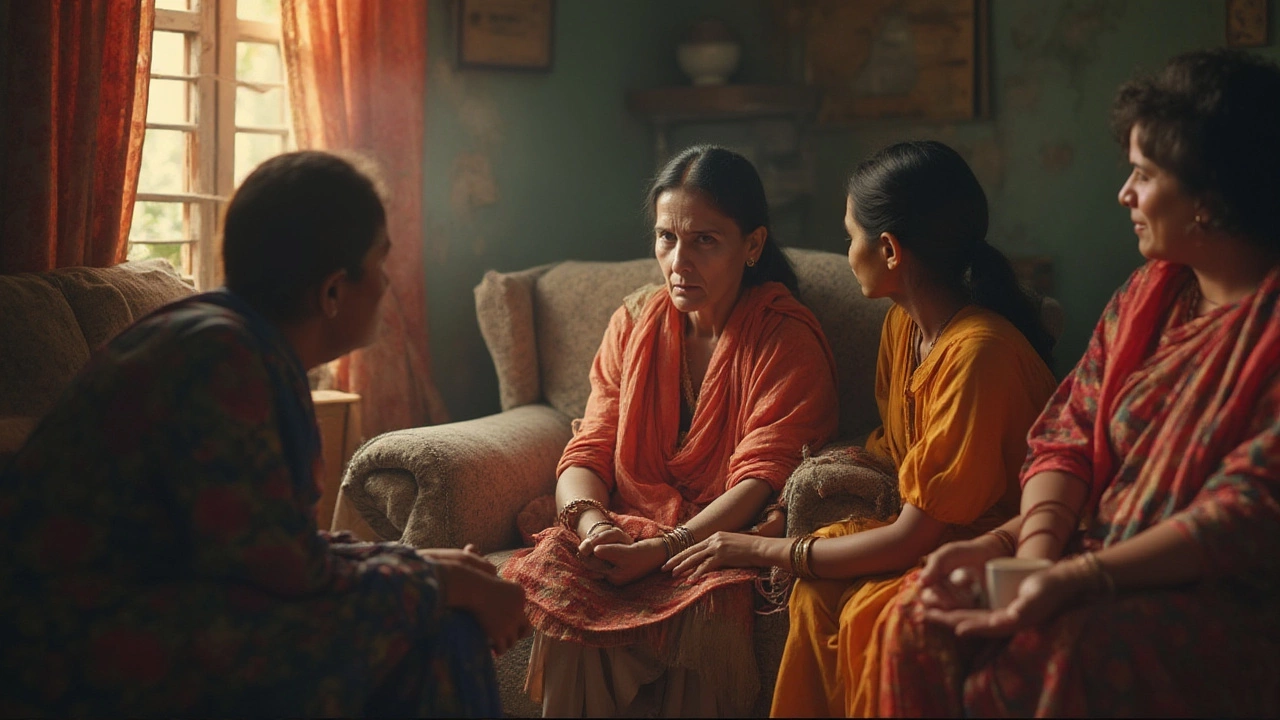Cancer Patient Care: Simple Ways to Help Everyday
Dealing with cancer is tough, and the people around the patient often feel lost. The good news is that small, everyday actions can make a big difference. Below you’ll find clear, no‑fluff advice on handling pain, side effects, and the daily routine of a cancer patient.
Managing Pain and Treatment Side Effects
Most cancer treatments bring pain or uncomfortable side effects. Start by keeping a symptom diary – note the time, severity, and what seems to trigger each issue. Share this diary with the oncologist; it helps them adjust meds or suggest supportive therapies. Over‑the‑counter options like acetaminophen work for mild aches, but always ask a doctor before adding anything new.
Cold caps, gentle compression sleeves, and massage (like the Ayurvedic techniques some patients enjoy) can calm nerve pain. Hydration is another simple fix – dehydration amplifies fatigue and nausea. Aim for at least eight glasses of water a day, or sip electrolyte drinks if plain water feels bland.
Practical Daily Tips for Cancer Patients
Nutrition often slips when appetite drops. Instead of forcing large meals, offer small, nutrient‑dense snacks every two to three hours. Think smoothies with a scoop of protein powder, a handful of nuts, or a spoonful of almond butter. These tiny bites keep energy up without overwhelming the stomach.
Movement, even light, can boost mood and reduce stiffness. Encourage short walks around the house or simple chair exercises. If balance is an issue, a sturdy walking aid or a grab bar in the bathroom can prevent falls and give confidence.
Emotional support matters as much as medication. Set up a regular check‑in time – a quick video call, a shared playlist, or a simple text ‘How are you feeling today?’ shows you care without demanding a long conversation.
Medication management can be confusing with multiple pills. Use a weekly pill organizer labeled by day and time. Pair each dose with a daily habit, like taking morning meds with breakfast, to build a reliable routine.
Finally, plan for the unexpected. Keep a list of emergency contacts, the oncology team’s phone numbers, and a brief medical summary in an easy‑to‑find place. A quick reference can save precious minutes if a severe side effect pops up.
Every cancer journey looks different, but focusing on these practical steps creates a solid foundation of care. Small, consistent actions add up, easing pain, reducing side effects, and giving patients more control over their daily lives.

The Last 6 Months of Cancer: What to Expect, Symptoms, and Care Tips
Wondering what actually unfolds in the last 6 months of cancer? Learn about the real physical, emotional, and practical changes, caregiving tips, and what to expect.

Does Stiffness Ever Go Away After Knee Replacement?
Apr, 29 2025

Can You Safely Take Multiple Vitamins Together?
Jan, 23 2025

Can the Body Fully Heal After Chemotherapy?
Dec, 23 2024

